In 2017, the International Conference on Trustworthy Systems and Their Applications (TSA) and the International Symposium on Dependable Computing and Internet of Things (DCIT) were merged into one large conference and renamed as International Conference on Dependable Systems and Their Applications (DSA). This year is the fourth meeting after the merge. In the past, both TSA and DCIT were technically sponsored by the IEEE Reliability Society. Following the same tradition, DSA 2020 also has the same technical sponsorship from IEEE. It is organized by the Northwestern Polytechnical University, Peng Cheng Laboratory in Shenzhen, and Harbin Institute of Technology. In addition, the conference receives support from Aviation Key Laboratory of Science and Technology on Airborne and Missile-borne Computer, Beijing Sunwise Information Technology, Ltd., Beihang University, and Beijing High Quality of System Technology Ltd.
DSA 2020 focuses on innovative methodologies, techniques, tools, and management to produce dependable and trustworthy systems and their applications in a more cost-effective way. It provides a discussion forum to bring together academic researchers, industry practitioners, and government policy and decision makers to exchange ideas and results, share experiences, and explore possible solutions to overcome current challenges.
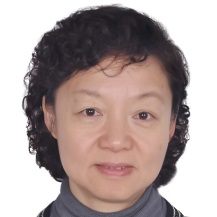
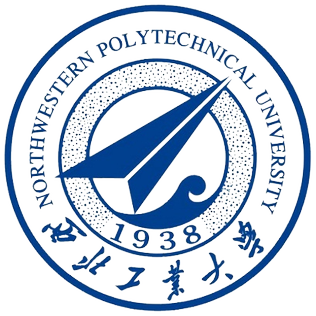
Northwestern Polytechnical University
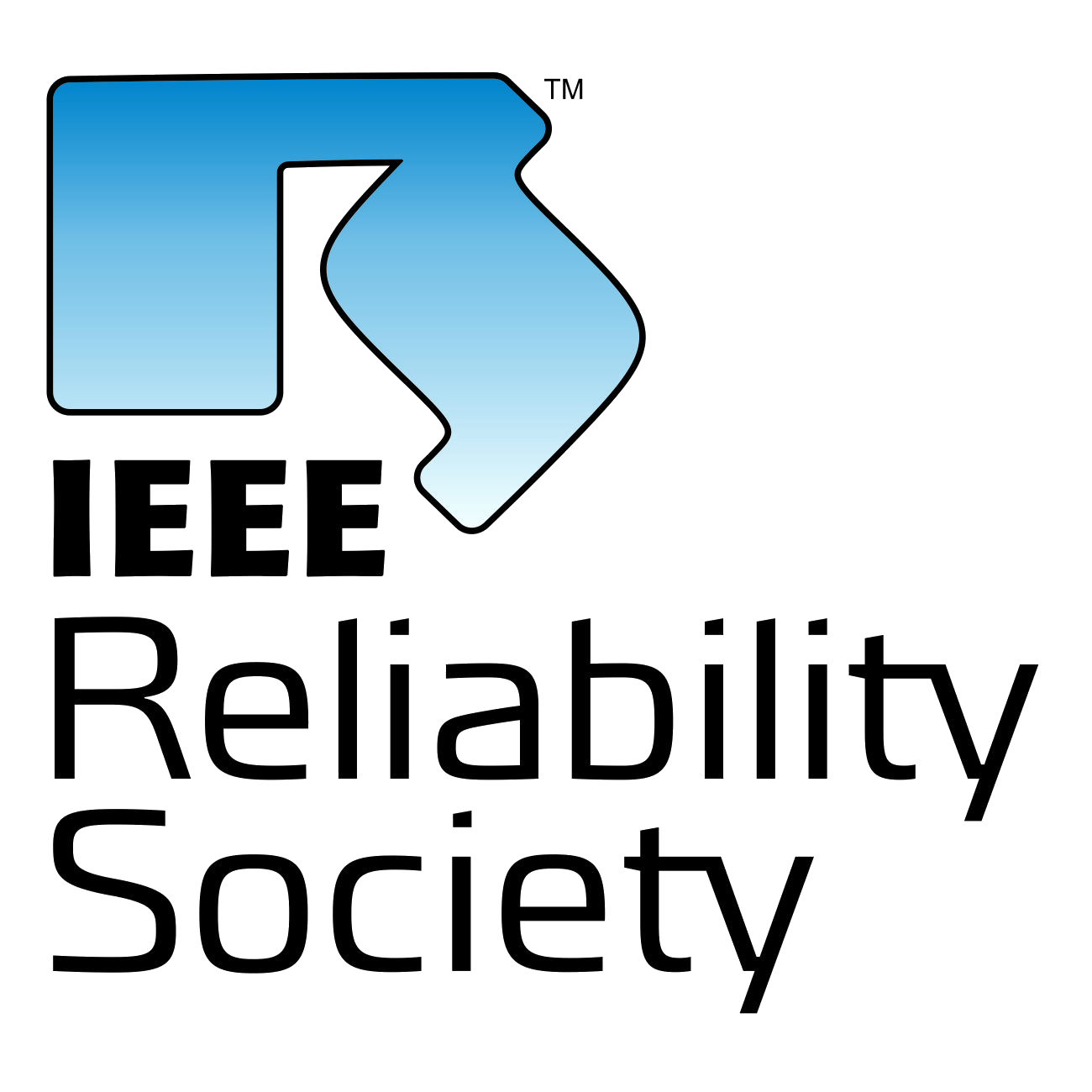
IEEE Reliability Society

Harbin Institute of Technology
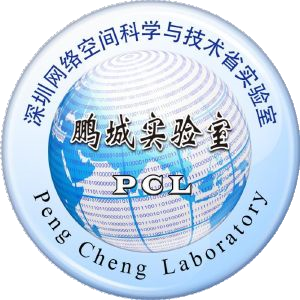
Peng Cheng Laboratory (Shenzhen)

Beijing Sunwise Information Technology Ltd.
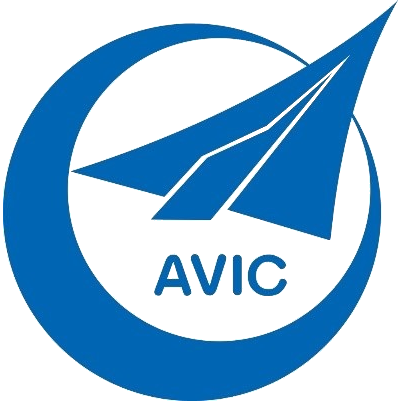
Aviation Key Laboratory of Science and Technology on Airborne and Missile-borne Computer

Beihang University

Beijing High Quality of System Technology Ltd.
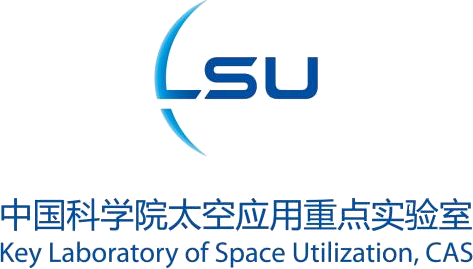
Key Laboratory of Space Utilization, Chinese Academy of Sciences